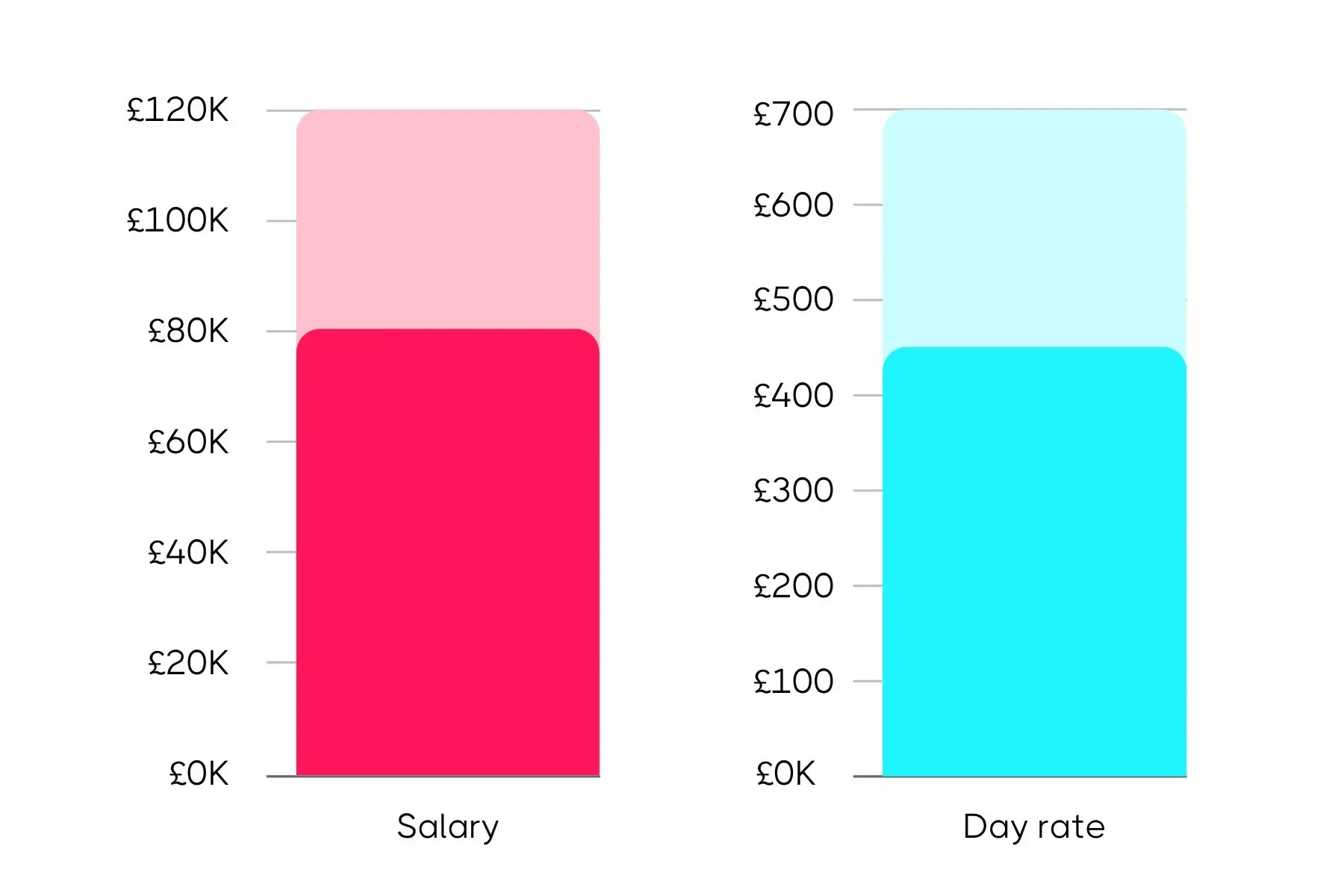Head of Ecommerce job description
This page covers key information about the Head of Ecom job title. From a job description template through to the average salaries and how to approach ecommerce recruitment.
Head of Ecommerce
This page covers key information about the Head of Ecom job title. From a job description template through to the average salaries and how to approach ecommerce recruitment.
The Head of Ecommerce plays a crucial role in an ecommerce business.
This role is responsible for developing and implementing an ecommerce strategy that improves customer experience, drives sales and increases conversion rates. In this leadership role, they're also responsible for overseeing the ecommerce team, ensuring that they're working effectively and efficiently.
While the Head of Ecom job description might vary, the main responsibilities of the role include:
To hire a Head of Ecommerce, you should search for the following requirements:
The average salary for a permanent Head of Ecom hire is £80,000 - £120,000. For a contractor, they can expect a day rate of £450 - £700.
Hiring managers should acknowledge that salaries can vary based on a number of reasons. This includes business size, industry and the seniority of the hire. For more information, download our salary guide below.

More and more businesses are selling online and reviewing their omnichannel strategies. This growth requires Heads of Ecommerce to oversee the development and implementation of these plans. The role that was once only seen in DTC brands is now found in a variety of retail and service businesses.
When the Head of Ecom is ready to progress their career, they might pursue the following job titles.
With enough experience as a Head of, candidates can progress to the Director job title. In this senior leadership role, they will have more exposure to the board, ensuring their strategy is inline with business goals.
Seasoned ecom professionals can offer their services to brands on an interim basis as an Ecommerce Consultant. We're seeing an unprecedented growth in demand for Consultants as companies look for leadership through transformational projects. This is the perfect opportunity for those who feel they have reached a cap in their career and are looking for more flexibility.
Ready to hire a Head of Ecommerce? Get in touch to see how we can help!
